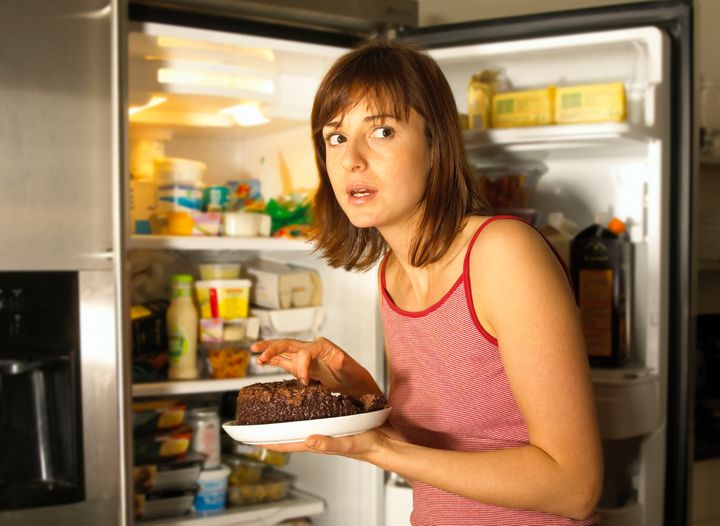Blog, Healthy Living
Breakfast plus no late-night snacks reduce weight gain
It may sound like a common sense – the balance between weight gain and weight loss is predominantly determined by what you eat, how much you eat, and by how much exercise you get. A research from Vanderbilt University published in the open-access journal PLOS Biology showed that another important factor is often neglected – the study shows that it’s not just how many calories you eat, but WHEN you eat them that will determine how well you burn those calories. It turns out that that that mid-night snack does add straight to your waistline.
Your daily biological clock and sleep regulate how the food you eat is metabolized; thus the choice of burning fats or carbohydrates changes depending on the time of day or night. Your body’s circadian rhythm has programmed your body to burn fat when you sleep, so when you skip breakfast and then snack at night you delay burning the fat.
The researchers monitored the metabolism of mid-aged and older subjects over two separate 56-hour sessions. In each session, lunch and dinner were presented at the same times (12:30 and 17:45, respectively), but the timing of the third meal differed between the two halves of the study. Thus in one of the 56-hour session, the third meal was presented as breakfast (8:00) whereas in the other session, the third meal was presented as a late-evening snack (22:00). The duration of the overnight fast was the same for both sessions.
Even though the two sessions did not differ in the amount or type of food eaten or in the activity levels, the daily timing of nutrient availability, coupled with circadian cycle’s sleep control of metabolism, flipped a switch in body’s burning of fat vs. carbohydrate preference. The late-evening snack session resulted in less fat burned when compared to the breakfast session. The study demonstrated that the timing of meals during the day and night cycle affects the extent to which the ingested food is used or stored (as weight gain).
This study suggests that a daily fast between the evening meal and breakfast will optimize weight management. Next time, when you reach for that midnight ice cream tub, think again.
Thanks for reading.
Journal Reference: Kevin Parsons Kelly, Owen P. McGuinness, Maciej Buchowski, Jacob J. Hughey, Heidi Chen, James Powers, Terry Page, Carl Hirschie Johnson. Eating breakfast and avoiding late-evening snacking sustains lipid oxidation. PLOS Biology, 2020; 18 (2): e3000622 DOI: 10.1371/journal.pbio.3000622

